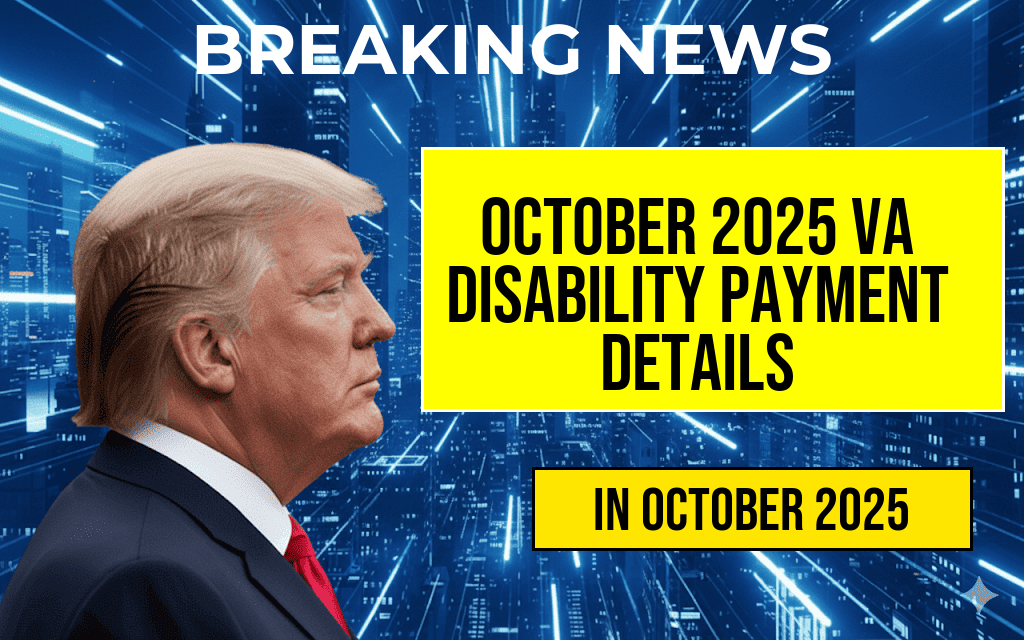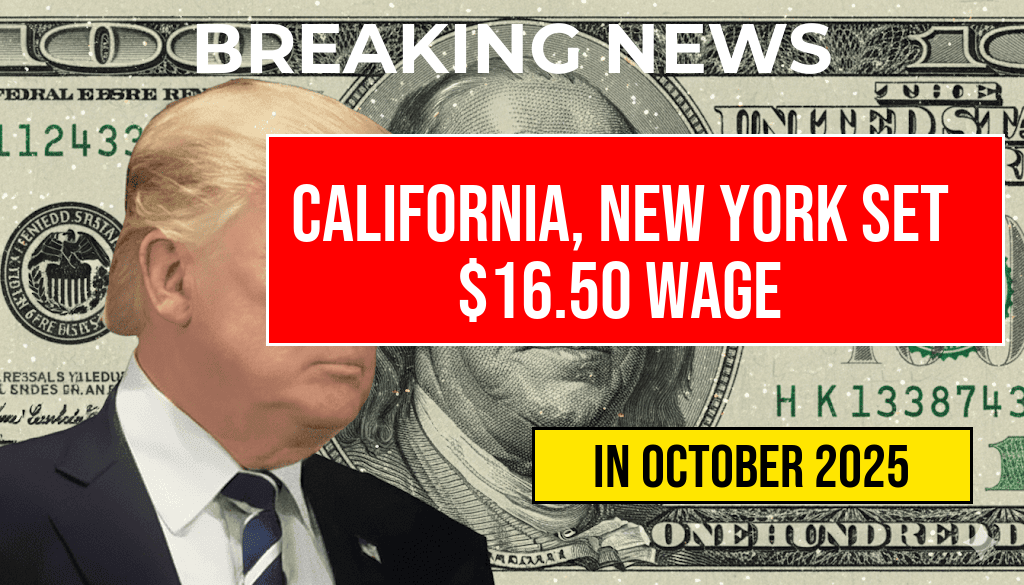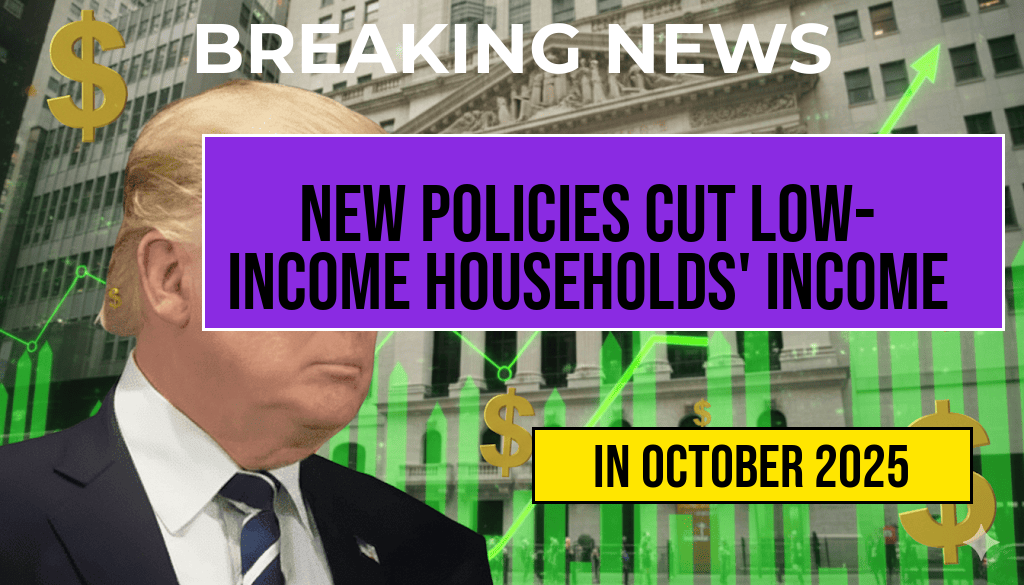California and New York are on track to implement a significant increase in their minimum wage to $16.50 per hour, a move aimed at supporting low-income workers in both states. This initiative, which reflects a growing trend towards higher pay in response to inflation and rising living costs, is expected to impact millions of residents. As both states finalize their plans, advocates and critics are weighing in on the potential economic ramifications. Proponents argue that the increase is necessary to ensure a living wage for employees, while opponents express concerns over the potential effects on small businesses and employment rates. With the implementation date approaching, discussions continue on how this wage hike will reshape the labor market in two of the nation’s largest economies.
Details of the Minimum Wage Increase
The new minimum wage is set to take effect in both states over the next year. Here are the key details surrounding the increase:
- Effective Date: The wage increase will be rolled out on January 1, 2024.
- Current Minimum Wage: California’s current minimum wage stands at $15.50 per hour, while New York’s is $15.00 per hour.
- Projected Impact: It is estimated that over 3 million workers in California and approximately 1.5 million in New York will benefit from the wage increase.
Economic Considerations
Supporters of the wage increase argue that a higher minimum wage is essential for addressing the cost of living in these states. California, in particular, has seen housing prices soar, making it increasingly difficult for low-wage workers to afford basic necessities. In New York, with its high rents and living costs, advocates maintain that the wage hike is a necessary adjustment to ensure that workers can maintain a reasonable standard of living.
According to a report by the Forbes, studies indicate that raising the minimum wage can lead to increased consumer spending, which in turn stimulates economic growth. This has been a central argument for advocates, who believe that higher wages lead to a more vibrant economy as workers have more disposable income.
Concerns from Business Owners
Despite support from labor groups, business owners express significant concerns regarding the wage hike. Small businesses, in particular, worry about the increased payroll costs and the potential for reduced hiring. Many owners argue that while they want to pay their employees fairly, the financial burden of a higher minimum wage could force them to make difficult decisions, including layoffs or reduced hours.
In a recent survey conducted by the Chamber of Commerce, more than 60% of small business owners indicated that they would consider raising prices or cutting staff in response to the wage increase. This raises questions about the long-term sustainability of such a significant wage hike and its broader impact on the economy.
Public Opinion and Legislative Support
Public opinion appears to favor the wage increase, with many residents supporting the move as a means of combating income inequality. According to a poll conducted by the Pew Research Center, a majority of respondents believe that increasing the minimum wage is a necessary step toward ensuring economic fairness.
Legislative support for the wage increase has also been strong, with state lawmakers in both California and New York advocating for the change. The push for a higher minimum wage has been a central theme in both states’ political discourse, reflecting a broader movement toward fair labor practices across the nation.
Conclusion of Implementation Plans
As California and New York prepare to implement the $16.50 hourly minimum wage, the implications of this change will be closely monitored. The discussions surrounding this wage increase highlight the ongoing debate about the balance between fair wages and the economic viability for businesses. As both states move forward with their plans, the outcomes will likely serve as a bellwether for similar initiatives in other regions of the United States. Stakeholders from all sides continue to engage in dialogue, as the implications of this wage adjustment will be felt across various sectors of the economy.
Frequently Asked Questions
What is the new minimum wage being implemented in California and New York?
The new minimum wage being implemented in California and New York is $16.50 per hour.
When will the $16.50 hourly minimum wage take effect?
The $16.50 hourly minimum wage is set to take effect in both states on January 1, 2024.
How does this minimum wage increase affect small businesses?
The increase to $16.50 per hour may pose challenges for small businesses, as they may need to adjust their budgets and pricing to accommodate higher labor costs.
Are there any exceptions to the new minimum wage rule?
Yes, there may be exceptions for certain industries or specific employee categories, but most workers in California and New York will be entitled to the new $16.50 minimum wage.
What are the reasons behind the increase to $16.50 per hour?
The increase to $16.50 per hour is aimed at addressing rising living costs and ensuring that workers can earn a living wage in both California and New York.











